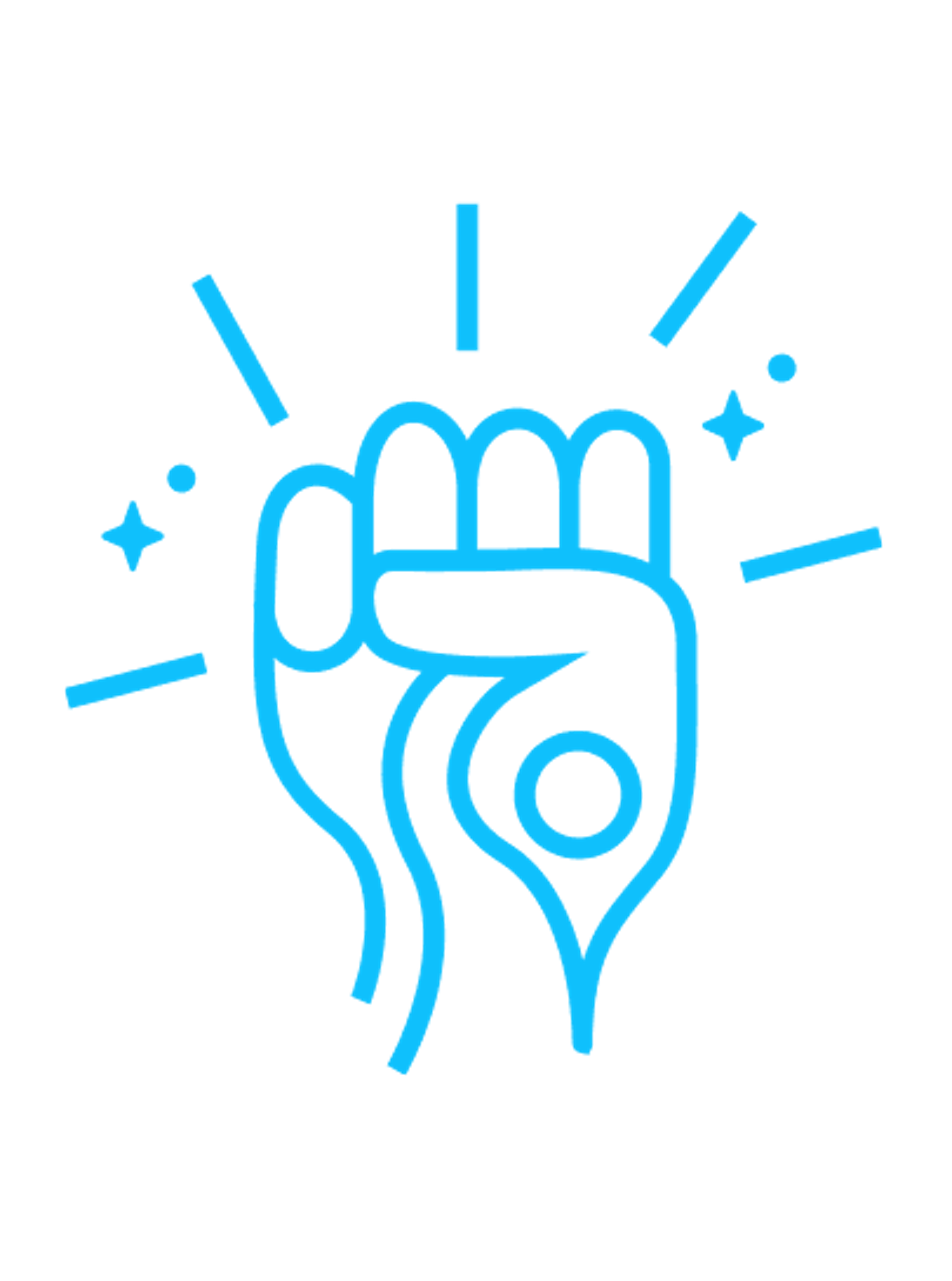Salient Issues
Proper risk assessment makes human rights and environmental work easier: When salient issues are known, supply chain partners can focus on preventing, mitigating and remediating them. Fairtrade’s list of salient issues is lengthy because we operate in diverse high-risk locations and commodities.
This list is based on the severity and prevalence of impacts on people and the environment, considering the commodity, geographic and organisation-related risk factors. View the issue pages for further information and Fairtrade's responses.
Overview
Fairtrade's response
Fairtrade works to address and monitor these salient issues. As such, partnerships with Fairtrade bring strong support for companies in the implementation of their due diligence responsibilities.
In particular, Fairtrade can support companies with the prevention and mitigation of harms and risks in those global supply chains with which Fairtrade works. This step is the gist of due diligence: It’s about changing practices, improving people’s lives and protecting the environment.
Furthermore, Fairtrade can offer expert inputs to other steps of the HREDD process, such as assessing the risks. Our understanding of the human rights issues in global supply chains is built through decades of experience and concrete work with (potentially) impacted stakeholders and other supply chain actors.
Fairtrade has five key strengths in HREDD work
- 1
Close relationship with impacted stakeholders in high-risk areas, including farmers and workers. We are the only global sustainability standard that is equally owned and managed by Southern rightsholders. We practice what the OECD due diligence guidance calls for: Meaningful engagement and consultation of (potentially) impacted people.
We can also facilitate consultations between companies and stakeholders, for example for the purposes of risk identification, planning of mitigation or remediation measures, or tracking.
- 2
Legitimacy. Fairtrade is a non-profit organisation and has lively collaboration with numerous NGOs, trade unions, multi-stakeholder initiatives and governments, which helps to develop and amplify our efforts and sustain our legitimacy.
- 3
Focus on root causes. Fairtrade works towards capable producer organisations, living incomes and living wages, and concrete partnerships among supply chain actors. Without decent livelihoods for farmers and workers, supply chains will never be sustainable. That is why Fairtrade spearheads work on living income for farmers and living wage for workers, and is the only certification in its commodity range with nonnegotiable pricing conditions in its standards.
- 4
Proven impact. A review of recent academic research shows that Fairtrade is having positive impact on farmers’ and workers’ incomes, working conditions, farmers’ and workers’ democratic organising, adaptation to climate change and consumer awareness. The review looks at 151 peer-reviewed studies published between 2015-2020.
Another study suggests that on average, households from Fairtrade certified producer organizations were less affected by COVID-19 and more resilient to the changes, compared to those at non-Fairtrade certified producer organizations.
- 5
Beyond certification. Fairtrade has a strong certification with environmental, social and economic requirements – but we are much more than that. Fairtrade’s training and other support to farmer and worker organizations is extensive. The latest results of our annual producer satisfaction survey show that across Africa, Asia and Latin America 75-84 percent of producer organizations were highly satisfied with this support.
Our development programmes, advocacy work and awareness raising campaigns seek to tackle the greatest challenges. Research and partnerships support these interlinked activities, to ensure our added value to smallholder farmers, workers and companies.
View the page on Fairtrade as due diligence partner for further information.

In focus
Few Multistakeholder Initiatives are as committed as Fairtrade International to assessing and responding to research on their impacts
MSI Integrity: Not Fit-For-Purpose 2020, page 202.